This website uses cookies so that we can provide you with the best user experience possible. Cookie information is stored in your browser and performs functions such as recognising you when you return to our website and helping our team to understand which sections of the website you find most interesting and useful.
My Digital Gut: Making Nutrition and Healthcare Personalized, Predictive, and Preventive
at the Institute for Systems Biology
Making Nutrition and Healthcare Personalized, Predictive, and Preventive
Dr. Sean Gibbons is creating a new precision nutrition platform called My Digital Gut that leverages the gut microbiome to make nutrition and healthcare personalized, predictive, and preventive. In an ISB Research Roundtable presentation, Gibbons spoke about My Digital Gut and other microbiome-related projects studied in his lab.
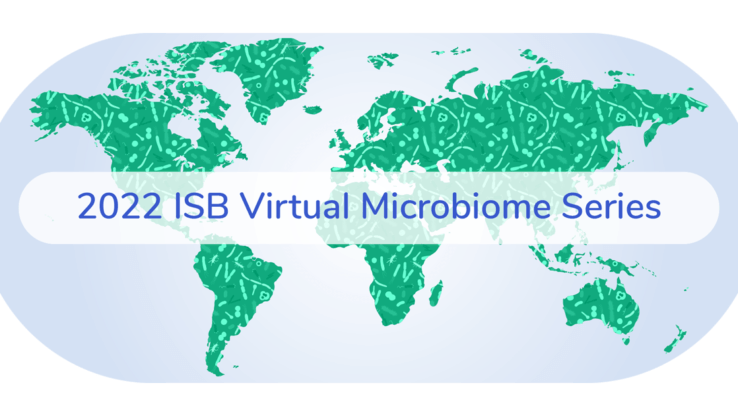
2022 ISB Virtual Microbiome Series Announced
Our multi-day microbiome-themed virtual course and symposium is back for the third year! ISB is hosting a two-day course on October 12 & 13, 2022, followed by a symposium on October 14, 2022 on global perspectives in microbiome research. Both events are virtual and free. The intended audience for these events are graduate students, postdocs, principal investigators, industry scientists, educators, clinicians, or any other variety of microbiome-curious people from across the globe.
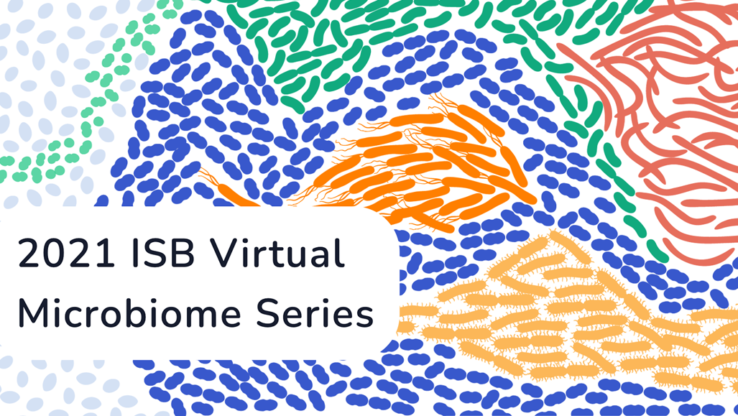
2021 ISB Virtual Microbiome Series Announced
Our multi-day microbiome-themed virtual course and symposium is back by popular demand! ISB is hosting a two-day course on October 13 & 14, followed by a symposium on October 15. Both events are virtual and free. The intended audience for these events are graduate students, postdocs, principal investigators, industry scientists, educators, clinicians, or any other variety of microbiome-curious person from across the globe.
Personalized Nutrition and Your Gut Microbiome
In ISB’s first-ever Research Roundtable event, Assistant Professor Dr. Sean Gibbons delivered a presentation titled “Gut-Check: Personalized Nutrition and Your Microbiome.” His talk covered a lot of ground, including recently published research showing how the health of our microbiomes can predict longevity, and how we can build and maintain a healthy gut microbiome.
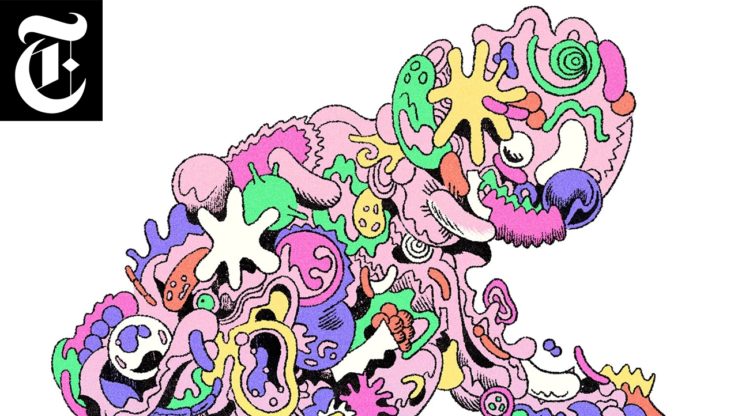
ISB Research on the Aging Microbiome Featured in The New York Times
ISB’s research into the aging microbiome was featured in a story published by Anahad O’Connor for The New York Times titled “A Changing Gut Microbiome May Predict How Well You Age.” The research featured was published in Nature Metabolism by Drs. Tomasz Wilmanksi, Noa Rappaport, Sean Gibbons and Nathan Price.
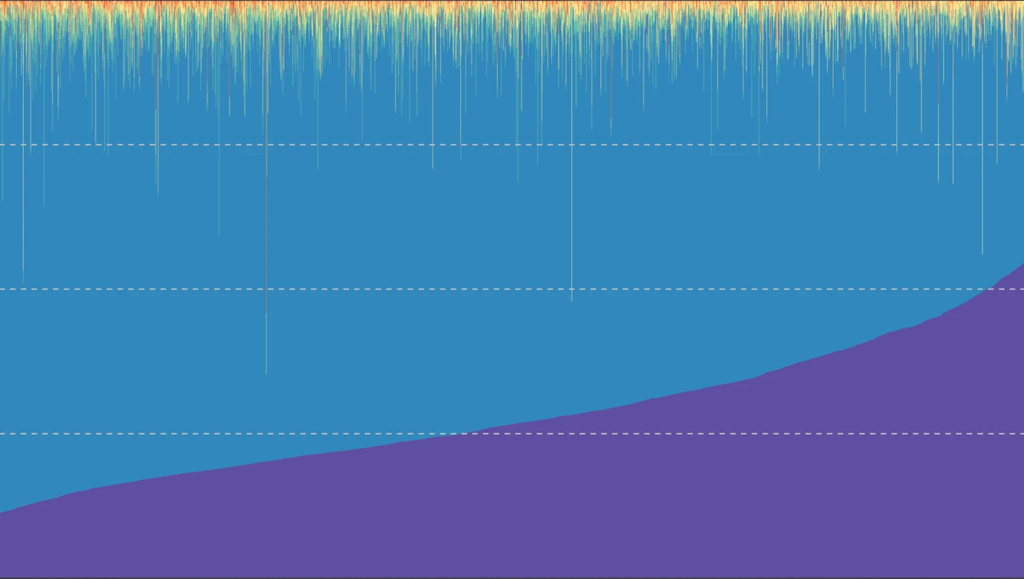
Variations in the Microbiome Associated with Health, Disease
ISB researchers examined the associations between the gut microbiomes of about 3,400 people and roughly 150 host characteristics. The team looked at diet, medication use, clinical blood markers, and other lifestyle and clinical factors, and found evidence that variations of the gut microbiome are associated with health and disease.
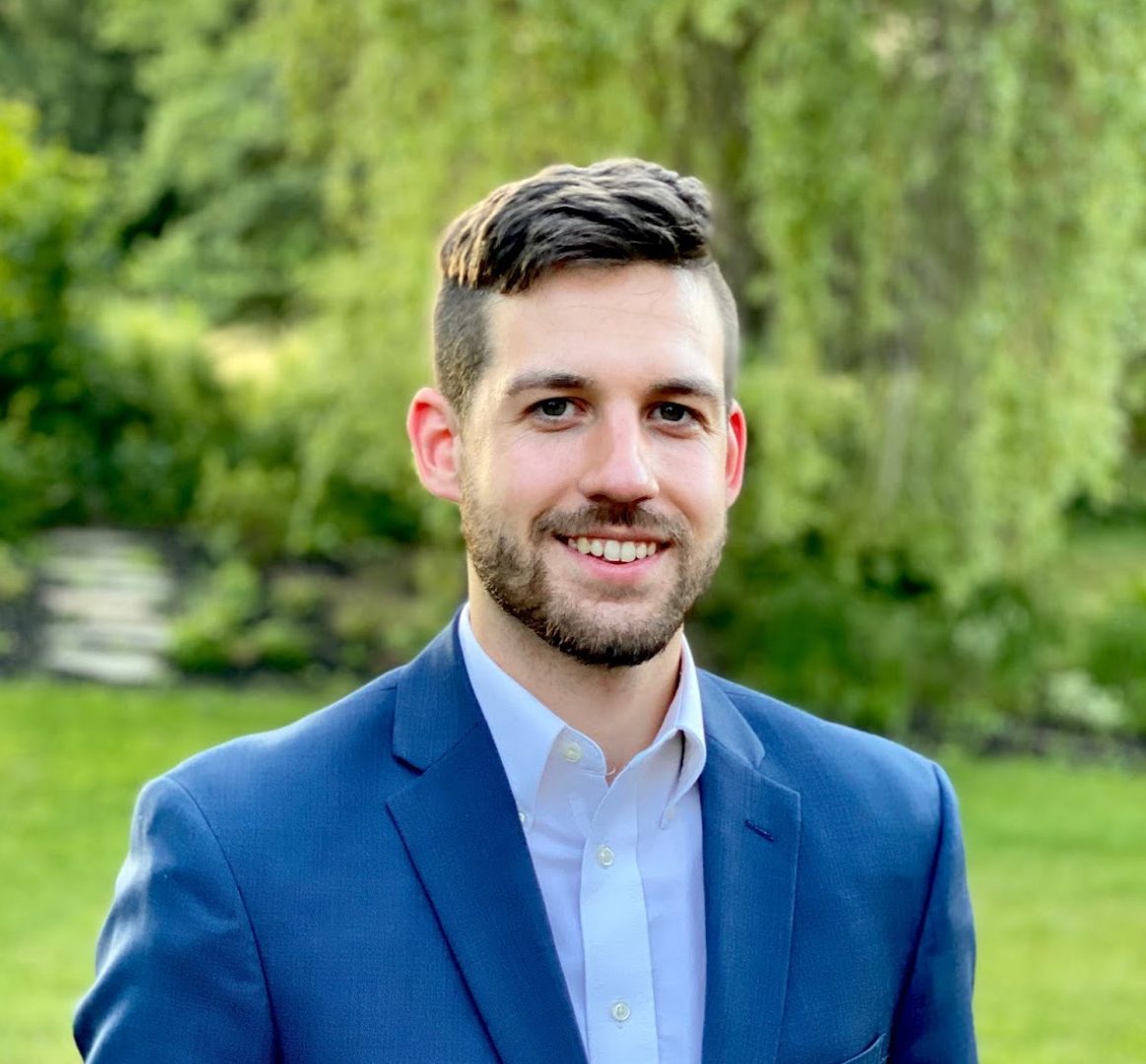
Nick Bohmann Joins the Lab
Nick Bohmann joins the lab as a Ph.D. student from the Molecular Engineering and Sciences program at UW. Nick graduated from Virginia Tech in 2019 with B.S. in Biological Systems Engineering. His research interests include genome-scale metabolic modeling and ‘omics based computational biology, specifically related to the human gut microbiome. Nick’s work in the lab will focus on using computational tools to enhance the predictive capability of models of the…
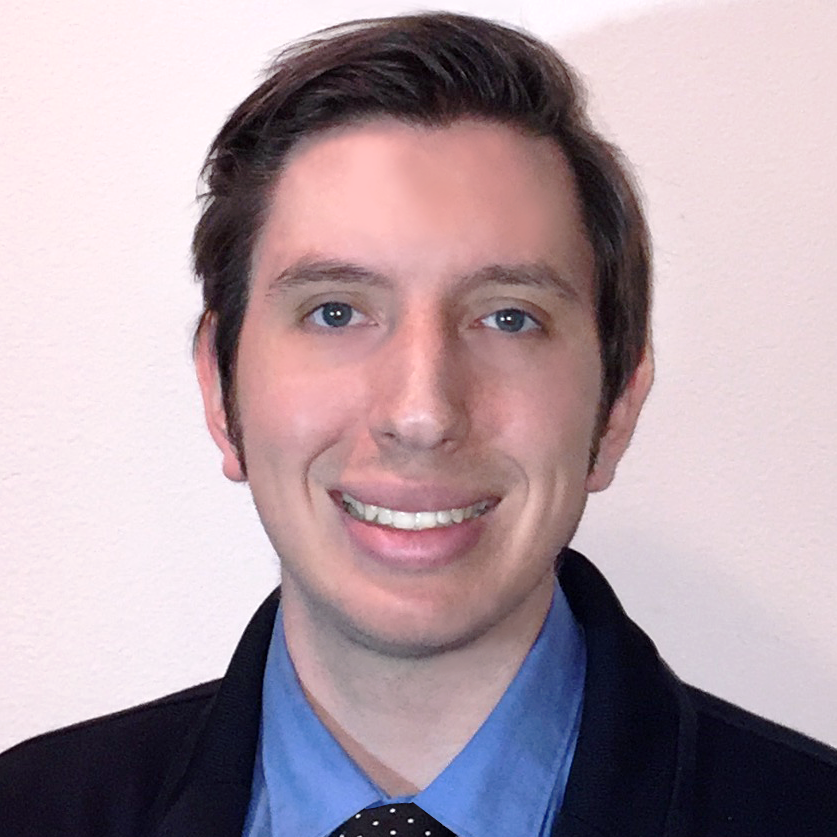
James Johnson Joins the Lab
James Johnson joins the lab as a bioengineering PhD student at the University of Washington (UW). James earned his BS in Chemical Engineering from Texas A&M University. After graduating, he took a job as an R&D Associate Engineer at PepsiCo. After three years of applied science and engineering at PepsiCo, James decided to apply to the Bioengineering PhD program at UW in Seattle so that he could return to working…
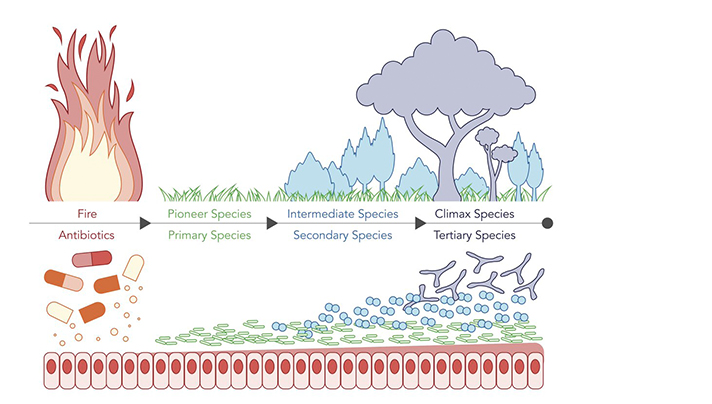
Keystone Taxa Indispensable for Microbiome Recovery
How can we harness successional ecology to quickly repair antibiotic-damaged gut microbiota? ISB Assistant Professor Dr. Sean Gibbons wrote this commentary for the journal Nature Microbiology detailing recent research that answers that question. Click the link to read the story (link will open as a new window). Illustration by Allison Kudla, PhD / ISB.
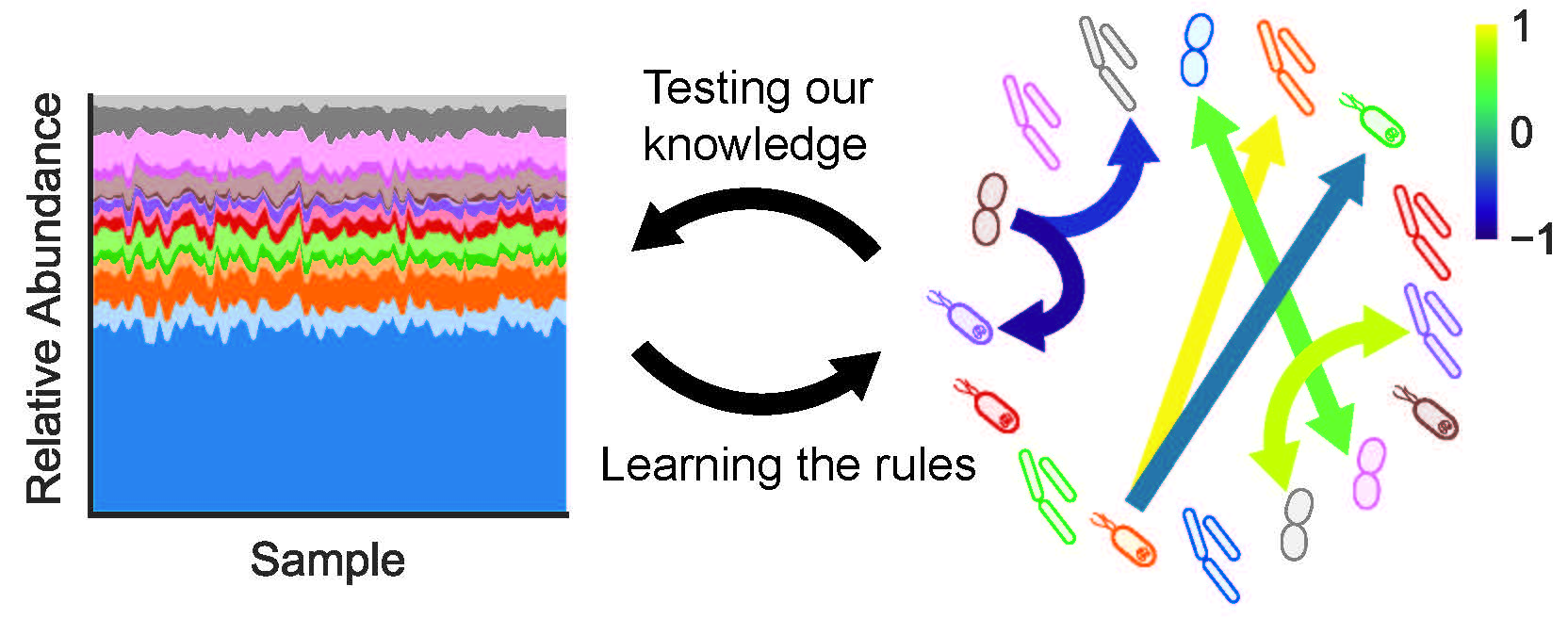
Use and abuse of correlations
We recently published a Perspective Article in the ISME Journal on the ‘Use and abuse of correlation analyses in microbial ecology.’ In this piece, we highlight the pitfalls of inferring microbe-microbe interactions from sequencing data. The lead author, Alex Carr, wrote a blog post titled ‘Inferring microbial interactions from relative abundance: not as easy as you would think’ detailing his inspiration for writing this perspective. You can check out the…

ISB Microbiome Researcher Dr. Sean Gibbons Featured in TIME Article
Freaked out about a “germy” bathroom? You don’t need to be. ISB Assistant Professor and microbiome researcher Dr. Sean Gibbons was featured prominently in an article, headlined “The Germiest Place in your Bathroom Isn’t Your Toilet,” published online by TIME.

Microbiome Stress Project’s first publication
Microbial communities are highly sensitive to their environments, which makes studying them under heterogeneous conditions difficult. Environmental perturbations (stressors) generate spatiotemporal heterogeneity in natural systems. While large databases of natural ecosystems exist (e.g. the Earth Microbiome Project or the Human Microbiome Project), there are no databases that catalog microbial ecosystems subjected to applied environmental stress. The Microbiome Stress Project (MSP) was established to build such a database and perform a…

Sushmita Patwardhan Joins the Lab
Dr. Sushmita Patwardhan joins the Gibbons Lab as a postdoctoral fellow at the Institute for Systems Biology. Dr. Patwardhan recently completed her PhD in marine microbial ecology at Rutgers University, supervised by Prof. Costantino Vetriani. Her work involved the cultivation of bacteria from shallow marine vents and the characterization of these complex communities by integrating multi-omics data, field studies, and lab-based experiments. Dr. Patwardhan will apply her ecological expertise to…

Global Microbiome Conservancy
The Global Microbiome Conservancy is a non-profit collaboration between scientists and communities around the world, unified around a common goal: to collect and preserve the full biodiversity of human gut microbes for future generations. The work of the conservancy is centered on four core goals: Conservation We dedicate our efforts to conserve an invisible, intimate and crucial biodiversity of the human body: the gut microbiome. By culturing, isolating and storing…
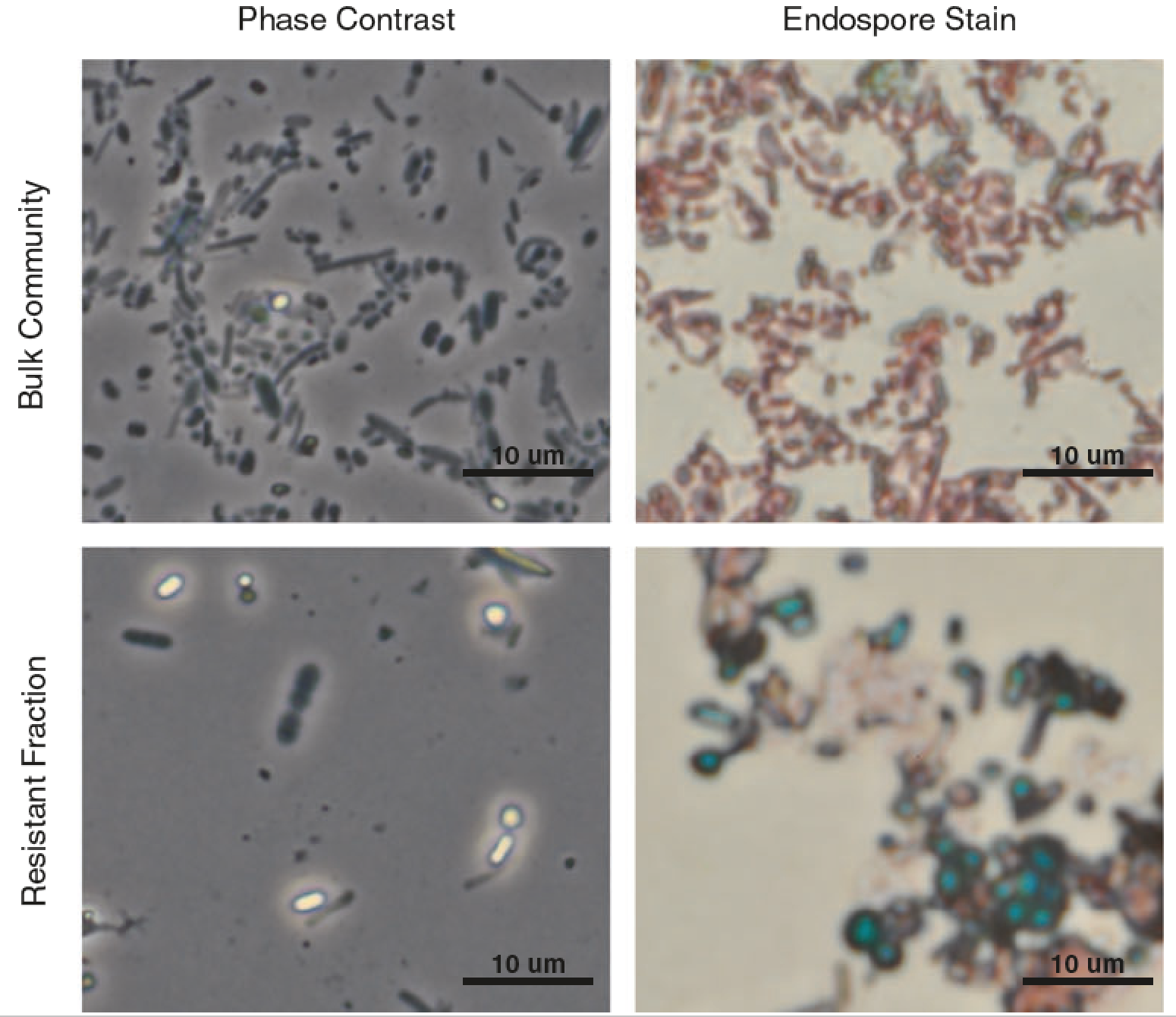
Spore-Forming Bacteria Widely Shared Across Humans
Endospores and other lysis-resistant bacteria comprise a widely shared core community within the human microbiota Endospore-formers in the human microbiota are well adapted for host-to-host transmission, and an emerging consensus points to their role in determining health and disease states in the gut. The human gut, more than any other environment, encourages the maintenance of endospore formation, with recent culture-based work suggesting that over 50% of genera in the microbiome…

Microbiome Stress Project
The Gibbons Group Joins the Microbiome Stress Project The lab will join researchers at Duke University, the University of New Hampshire, and Montana State University to conduct a large-scale meta-analysis of how environmental stressors impact microbial communities. Prior surveys, like the Earth and Human Microbiome Projects, have established a baseline for healthy ecosystems across the planet. The Microbiome Stress Project will focus on ecological resistance and resilience of natural microbial…



